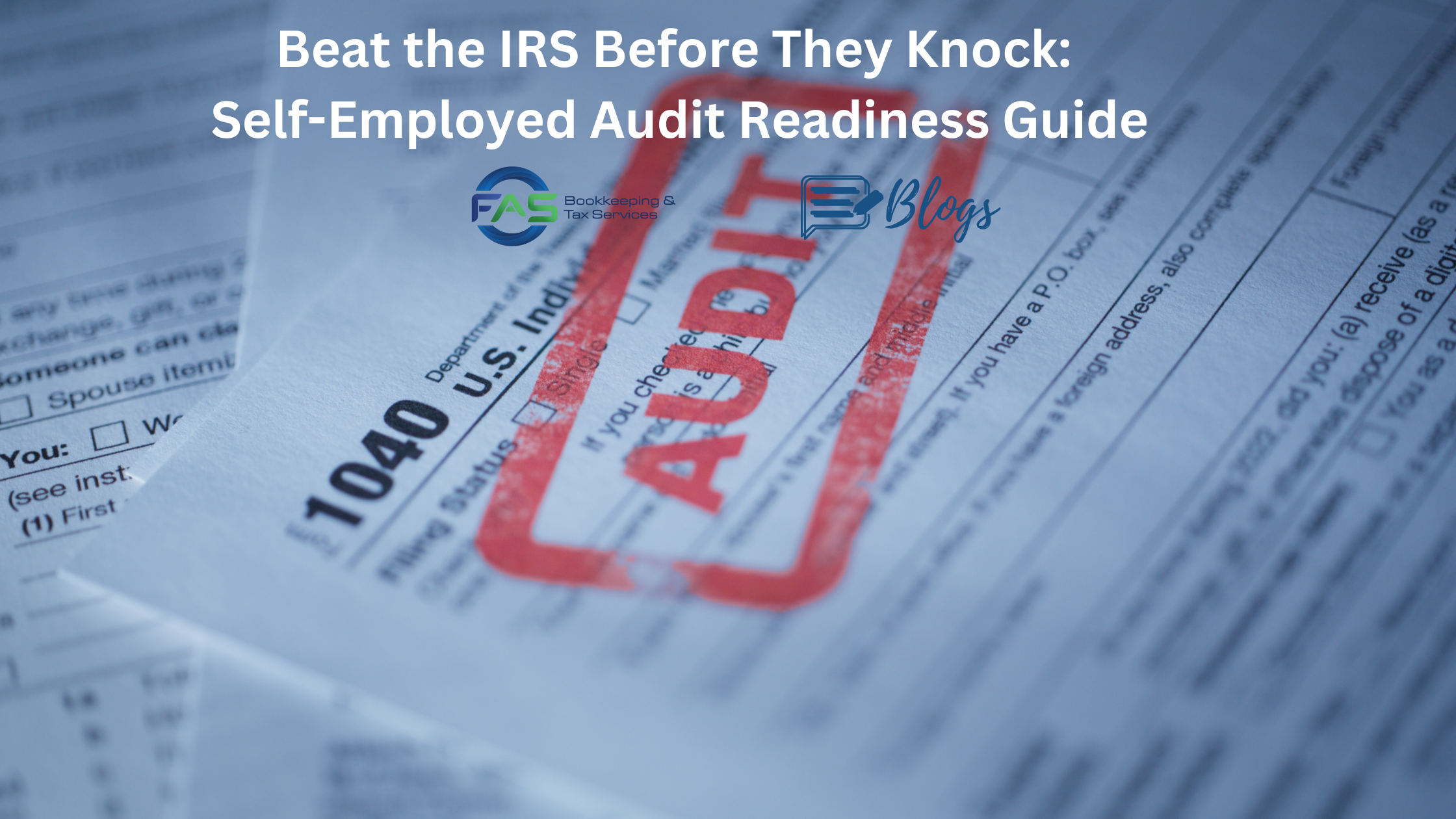Everyone needs to plan for retirement. But as a business owner, you face a distinctive challenge in that you must save for your golden years while also creating, updating and eventually executing a succession plan. This is no easy task, but you can put the puzzle pieces together by answering some fundamental questions:
When do I want to retire?
This may be the most important question regarding your succession plan because it’s at this time that your successor will take over. Think about a date by which you’ll be ready to let go and will have the financial resources to support yourself for your post-retirement life expectancy.
How much will I need to retire?
To maintain your current lifestyle, you’ll likely need a substantial percentage of your current annual income. You may initially receive an influx of cash from perhaps either the sale of your company or a payout from a buy-sell agreement.
But don’t forget to consider inflation. This adds another 2% to 4% per year to the equation. If, like many retirees, you decide to move to a warmer climate, you also need to take the cost of living in that state into consideration — especially if you’ll maintain two homes.
What are my sources of retirement income?
As mentioned, selling your business (if that’s what your succession plan calls for) will likely help at first. Think about whether you’d prefer a lump-sum payment to add to your retirement savings or receive installments.
Of course, many business owners don’t sell but pass along their company to family members or trusted employees. You might stay on as a paid consultant, which would provide some retirement income. And all of this would be in addition to whatever retirement accounts you’ve been contributing to, as well as Social Security.
Am I saving enough?
This is a question everyone must ask but, again, business owners have special considerations. Let’s say you’d been saving diligently for retirement, but economic or market difficulties have recently forced you to lower your salary or channel more of your own money into the company. This could affect your retirement date and, thus, your succession plan’s departure date.
Using a balance sheet, add up all your assets and debts. Heavy spending and an excessive debt load can significantly delay your retirement. In turn, this negatively affects your succession plan because it throws the future leadership of your company into doubt and confusion. As you get closer to retirement, integrate debt management and elimination into your personal financial approach so you can confidently set a departure date. We can help you identify all the different pieces related to succession planning and retirement planning — and assemble them all into a practical whole.




